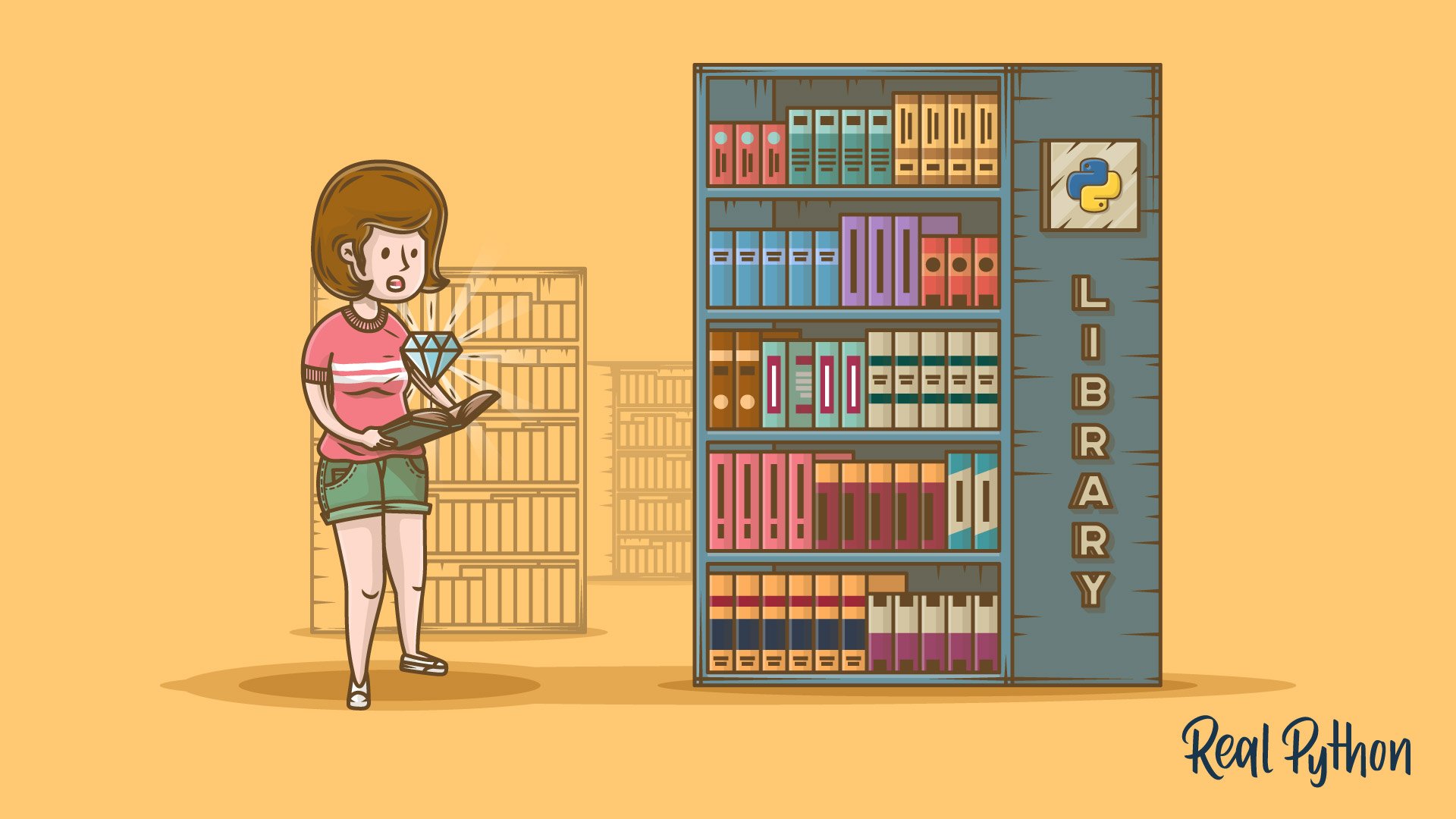standard library
The Python standard library is a collection of pre-written code that comes bundled with Python’s core distribution. Think of it as the “batteries included” part of Python—a set of useful tools and modules that are available to you immediately after installing Python, without needing to install anything extra.
The standard library serves several important purposes:
-
It provides solutions to common programming tasks. Instead of every programmer having to write their own code for basic operations like reading files, handling dates and times, or generating random numbers, these functionalities are available right out of the box.
-
It establishes standardized ways of handling common tasks. When developers use the standard library, they’re using well-tested, officially supported code that other Python developers will recognize and understand. This promotes code consistency across different projects and teams.
-
It acts as a foundation for the broader Python ecosystem. While there are many third-party packages available, the standard library provides the essential building blocks that these packages often build upon.
The standard library is different from third-party packages or external libraries in a few key ways:
- It’s always available with Python installation
- It’s officially maintained by the Python core team
- It follows Python’s release cycle and compatibility guarantees
- It undergoes rigorous testing and security reviews
Understanding the standard library is crucial for Python developers because it helps them avoid “reinventing the wheel” and enables them to write more efficient, maintainable code by leveraging existing, well-tested solutions.
Related Resources
Learning Path
Important Standard Library Modules
Explore essential Python standard library modules with our comprehensive guide. Learn about math, time, calendar, datetime, JSON, regex, collections, random data, subprocess, argparse, pickle, HTTP servers, XML parsers, CSV, and zipfile. Enhance your Python skills today!
By Dan Bader • Updated Jan. 10, 2025

